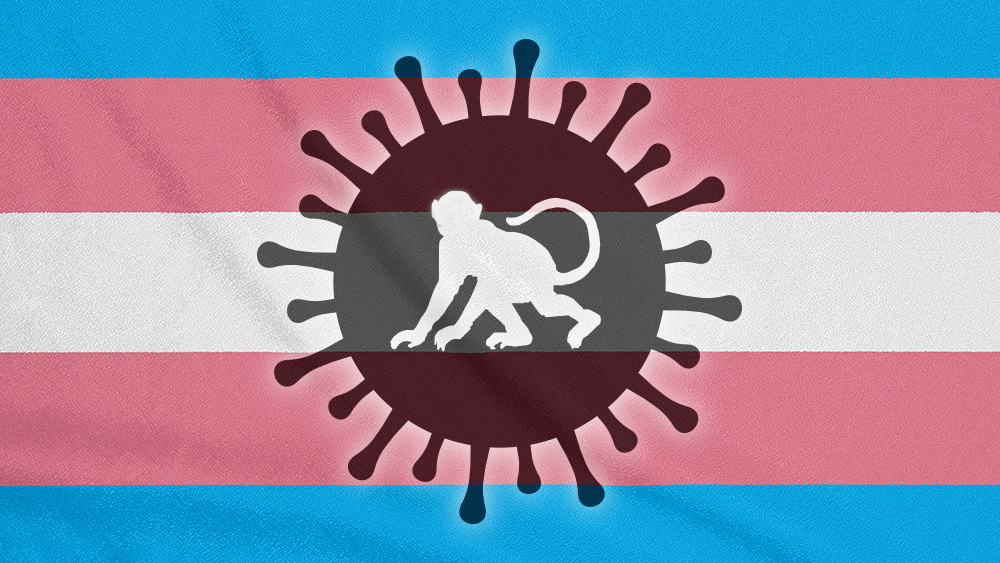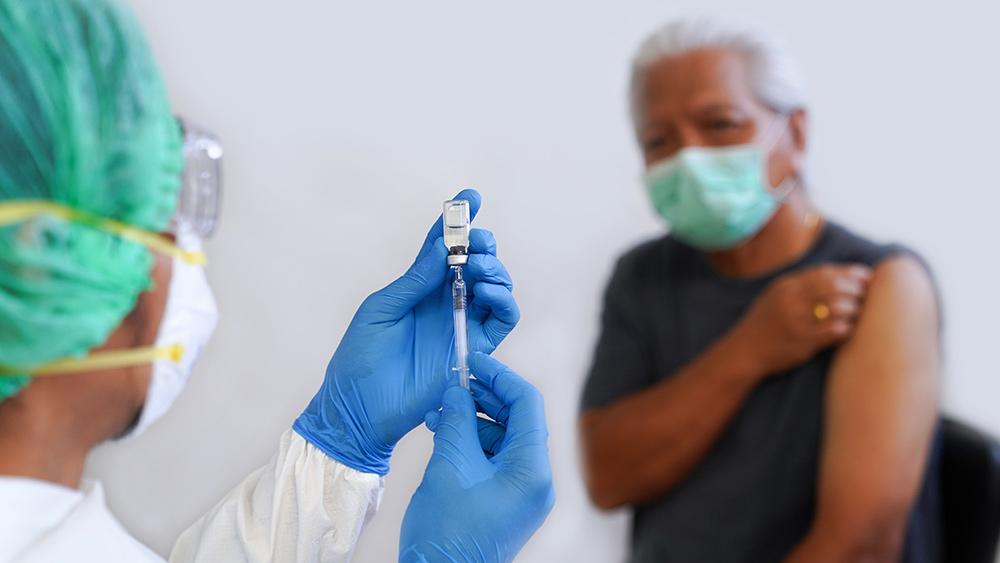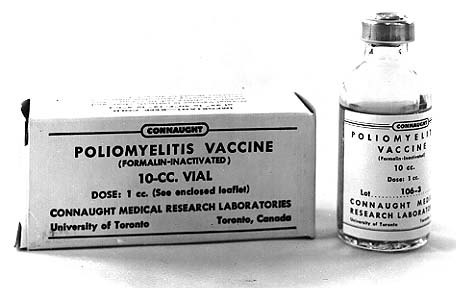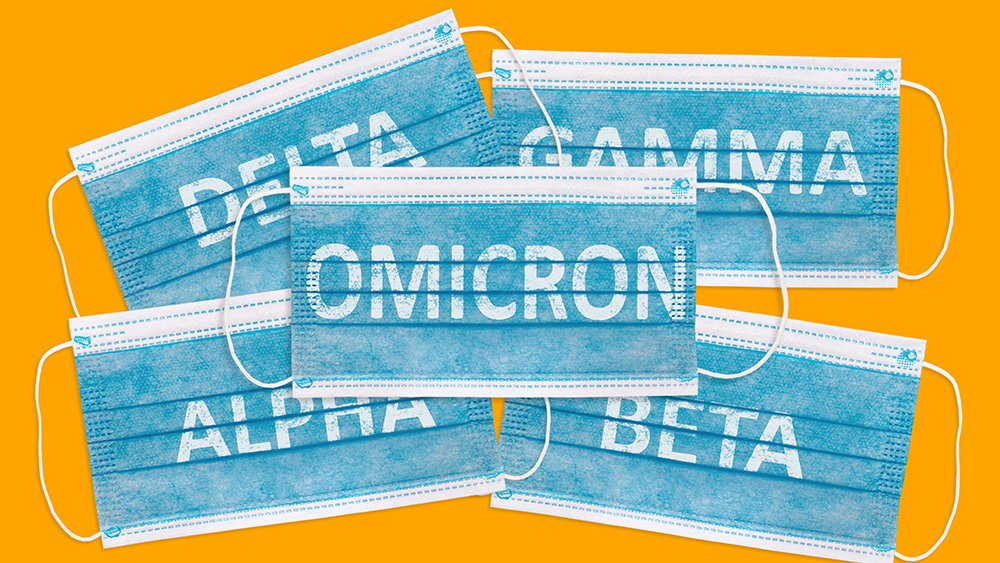FDA has granted “emergency-use authorization” to Eli Lilly’s coronavirus antibody treatment
11/12/2020 / By Arsenio Toledo

The Food and Drug Administration (FDA) gave Eli Lilly’s antibody drug emergency-use authorization on Monday, Nov. 9. Early data has strongly suggested that the pharmaceutical company’s antibody drug is effective at keeping people with mild to moderate cases of the Wuhan coronavirus (COVID-19) from needing to get admitted to a hospital.
The FDA extended the emergency approval to the experimental therapy known as “bamlanivimab.” It may be given to people 12 years old and older who have mild to moderate cases of the coronavirus and have not visited the emergency room or have been admitted to a hospital. Bamlanivimab is a one-time treatment that is administered through an IV.
In a statement, FDA Commissioner Stephen M. Hahn gave his support for the approval of bamlanivimab.
“As illustrated by today’s action, the FDA remains committed to expediting the development and availability of potential COVID-19 treatments and providing sick patients timely access to new therapies where appropriate, while at the same time supporting research to further evaluate whether they are safe and effective. Through our Coronavirus Treatment Acceleration Program, the FDA continues to work around the clock and use every tool at our disposal toward these efforts.”
Bamlanivimab is known as a monoclonal antibody therapy. These use laboratory-made proteins that are supposed to mimic the immune system’s ability to fend off harmful foreign substances such as coronaviruses. Bamlanivimab was designed specifically to target the spike protein of SARS-CoV-2 and to prevent the virus from attaching and entering human cells. (Related: AstraZeneca begins advanced trials for COVID-19 antibody medication.)
Eli Lilly is still evaluating the safety and effectiveness of bamlanivimab. But if their earlier clinical trials are any indication, the antibody therapy can reduce COVID-19 related hospitalizations and emergency room visits in patients who have a high risk of the coronavirus progressing into a more severe stage.
Bamlanivimab is not being considered as a treatment for COVID-19 patients who are already hospitalized, as monoclonal antibodies have been associated with worse clinical outcomes when administered to patients in serious conditions.
Despite this, Patrizia Cavazonni, the FDA’s acting director of the Center for Drug Evaluation and Research, said the availability of bamlanivimab will provide health care professionals with “another potential tool in treating COVID-19 patients.” Cavazzoni said the FDA will continue to evaluate the safety and effectiveness of bamlanivimab as more data becomes available to them.
Government to pay Eli Lilly $375 million for 300,000 vials of bamlanivimab
In a statement, White House spokesman Michael Bars hailed the FDA’s decision to provide bamlanivimab with an emergency-use authorization, calling it “a major milestone.” They even pointed out that people eligible to take bamlanivimab will be able to receive it without out-of-pocket costs.
“Through continued determination, this treatment and others like it will help protect the health and wellbeing of millions of vulnerable Americans,” said Bars.
The U.S. government has already struck up an agreement with Eli Lilly for the procurement of 300,000 vials of bamlanivimab for the price of $375 million. The initial agreement states that Eli Lilly must deliver all the vials within two months following a regulatory green light.
Eli Lilly has also given the government the option of purchasing an additional 650,000 vials through next June for $812.5 million. The pharmaceutical company’s concern now is to keep up with the demand, as they expect that other entities will also be ordering thousands of vials.
“We’re in the middle of this surge in cases, so we have to continue to try to squeeze out as much supply as we can,” said Eli Lilly CEO David Ricks in an interview. “We’re loading the trucks right now so that they can move as fast as they can. We’ve made 88,000 doses that are being loaded tonight, and we have about that much inside of a week shipping out to centers across the country.”
The company expects to be able to make up to a million doses of bamlanivimab by the end of 2020, and they expect to substantially increase their production capacity next year.
Eli Lilly has a manufacturing partnership with Amgen, another pharmaceutical company, and they plan to pursue more collaborative agreements with other corporations in order to boost production, but Ricks said this still might not be enough to keep up with demand.
Learn more about the state of the second wave of the coronavirus in the United States and the treatments corporations are coming up with at Pandemic.news.
Sources include:
Submit a correction >>
Tagged Under:
antibodies, antibody drug, antibody therapy, bamlanivimab, China, coronavirus, covid-19, eli lilly, FDA, Flu, infections, monoclonal antibodies, monoclonal antibody therapy, outbreak, pandemic, superbugs, virus
This article may contain statements that reflect the opinion of the author
RECENT NEWS & ARTICLES
Infections.News is a fact-based public education website published by Infections News Features, LLC.
All content copyright © 2018 by Infections News Features, LLC.
Contact Us with Tips or Corrections
All trademarks, registered trademarks and servicemarks mentioned on this site are the property of their respective owners.





















